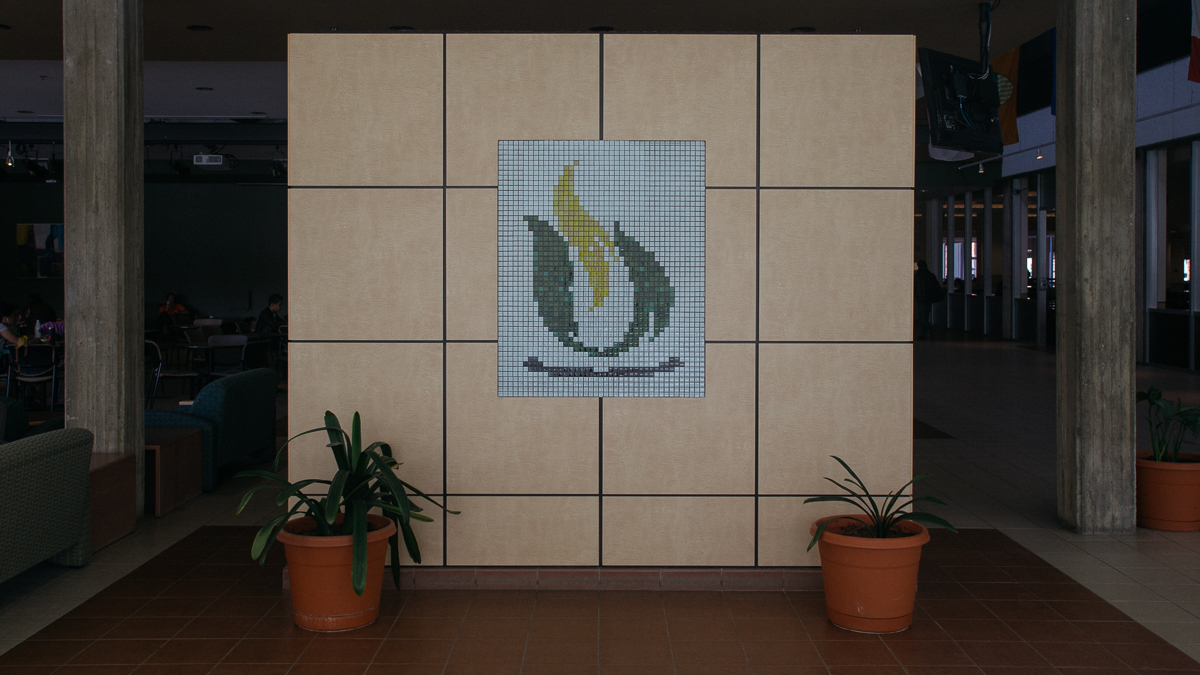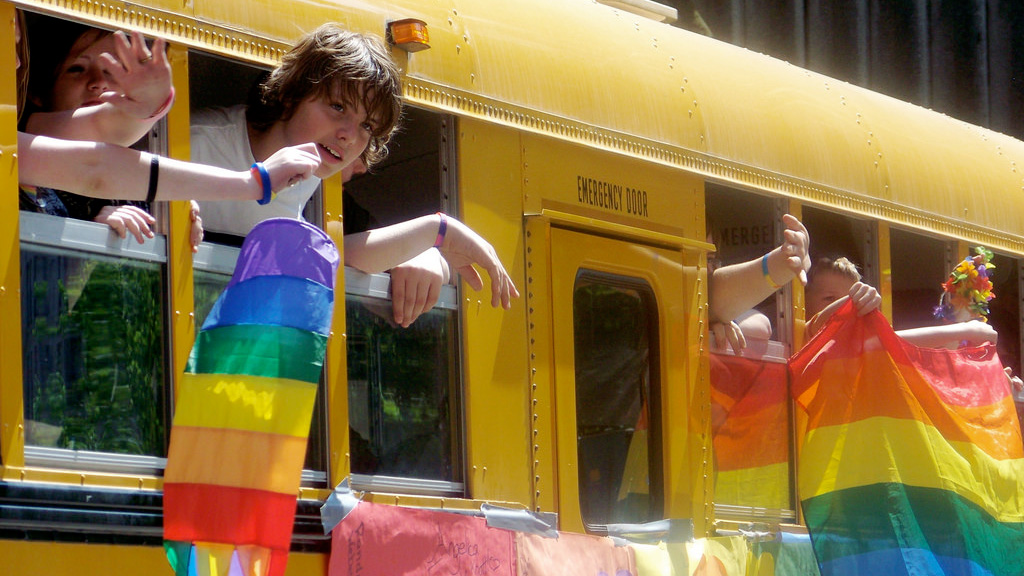 Rosty Soroka
Rosty SorokaAs a student with a lengthy history of campus involvement, I can safely say that this year’s University of Alberta Students’ Union (SU) election was especially fraught for candidates, campaign teams, and engaged voters. It doesn’t have to be that way though — better election rules can make for better elections.
As a third-year law student and member of the SU Bylaw Committee, I understand the bylaws that shape the SU’s operations, including their elections. The opinion I express here is not professional legal advice, but purely an informed student’s opinion on recent election matters.
As your Board of Governor’s Undergraduate Student Representative, I give a shit about what happens to students and you should too.
Student elections matter because they determine who advocates on your behalf. In the coming years, the U of A will likely experience difficult changes as a result of immense funding cuts from the province and a corresponding increased reliance on tuition. Who speaks up on your behalf will matter more and more. In their advocacy, their mandate has to be strong — this year’s election puts that at risk.
Student elections are often people’s first experience with legal, political, and strategic decision-making in a public forum. Under this stress, good people make mistakes while campaigning. For example, when I ran for a SU executive position, my team and I put up campaign materials improperly. We received penalties from the Chief Returning Officer (CRO) — the person in charge of managing the election. We learned from it. We moved forward.
This year was different, with more than double the amount of CRO rulings than previous years. With 18 rulings, two candidates were disqualified by the CRO — president-elect Lisa Glock and vice-president (academic) candidate Farah Elgaweesh — on top of many other monetary penalties. Some CRO decisions were appealed to the Discipline, Interpretation, and Enforcement Board (DIE Board), which is the independent body that makes final decisions based on the SU’s bylaws. Think of them as the courts of the SU.
Following multiple hearings, Elgaweesh’s disqualification was upheld by the DIE Board (meaning the candidate is still disqualified). But, Glock’s disqualification was reversed (meaning the candidate is no longer disqualified).
At this point, these are final decisions. Someone could attempt further legal action. But, if there is one thing that I have learned in my three years of law school, it’s that trying to resolve everything in a legal forum is not always the best answer to your legal problems.
It’s time to accept the results and move forward. This means working with the people who got elected to push for changes we want to see in our community. It also means learning from mistakes and implementing changes.
There are two key lessons from the elections and the DIE Board’s decisions this year. The focus here is not on who did what, where, and when, but more on the rules we could change to improve future elections. At this point, that’s what matters most.
First, candidates should be encouraged to be truthful with the CRO. If candidates are required to be completely honest, then the SU will have an easier time managing elections. The DIE Board determined that a candidate lied to the CRO, but it was not a malicious or substantially prejudicial lie. However, this is not something that should be cast aside as a minor misunderstanding, either.
We need clearer direction for candidates to be straightforward with the CRO. We do not want candidates to simply put a line item in their campaign budget for fines related to lying, in an attempt to evade election rules. This is not exactly what happened this year, but the DIE Board’s decision sets a dangerous precedent.
As well, in my opinion, the DIE Board drew an incorrect conclusion when defining a volunteer in one of their decisions. Based on the evidence presented, the DIE Board found that although an individual helped one of the candidates create a campaign video, that individual was not a campaign volunteer.
However, the bylaws spell things out pretty clearly. The definition of “volunteer” is any individual who assists in campaign activities. The definition of “campaign activity” is any act — planned or organized by or on behalf of any candidate — that is calculated to convince students to vote for the candidate.
Making a campaign video is an act that involves creating campaign materials that convince students to vote for a candidate. What we need to do is even more clearly define a volunteer, so the DIE Board does not make the same mistake again.
Following this decision, someone could try to judicially review this mistake in court. But, that would delay an important transition process for the next SU executive. More importantly, I don’t think it would change the actual outcome.
There is are many other suggestions that should be presented to improve elections, outside of bylaw reform. The bylaw changes above are simply a few ideas for smoother elections. It’s not at all about trying to undo someone’s victory or loss — it’s about helping future candidates, staff, and voters navigate the process.
When election processes spin out of control, students lose track of what matters. They end up focusing on how campaign activities align with bylaw requirements, instead of focusing on who is best for the role. Or, students tune out the election entirely.
At this point, these are mere suggestions. Students’ Council is elected to represent students, review any proposed bylaw changes, and decide whether they should be approved. I hope we can all learn from this, and move forward together. Just kidding, I won’t move forward with you all because I am graduating. Comprehensive election reform and future elections will be up to future students. XOXO BE GOOD BE SAFE BE KIND.
Disclosure: I am connected to many members of the DIE Board through being a law student. This board is made up of mostly law students because they have an interest in and experience with legal documents, arguments, and decision-making. I did not participate in the DIE Board’s decision-making process.
Disclosure: I am connected to many candidates who ran in this election. I did not volunteer for any candidates. I provided advice via Instagram DM to Renson Alva in January 2024 and met with Adrien Lam several times in February-March 2024. To me, the mere provision of advice about election platforms or campaign strategy falls outside the current definition of volunteer. But, again, greater clarity is needed.




